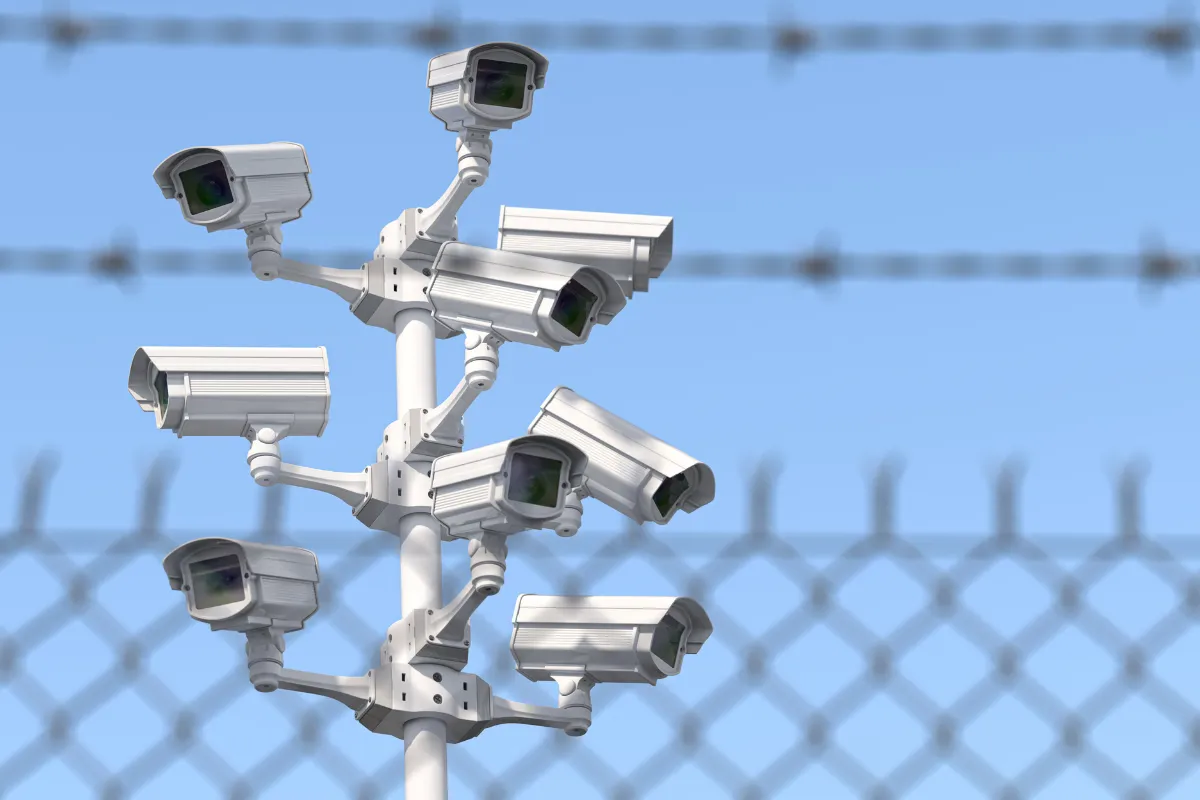
As organizations continue to modernize workplace operations, Visitor Management Systems (VMS) have become an essential tool for enhancing security, ensuring compliance, and improving the overall visitor experience. A well-implemented VMS provides a seamless way to track and manage visitors while reducing administrative burdens. However, these systems also handle sensitive personal data, making data privacy and security a critical consideration for workplace experience managers.
With rising cybersecurity threats, regulatory scrutiny, and increasing stakeholder expectations around privacy, organizations cannot afford to overlook security in their visitor management processes. A data breach involving visitor information can lead to financial penalties, reputational harm, and a loss of trust among employees and guests. Given these risks, workplace experience leaders must take a strategic approach to VMS implementation, ensuring that security and compliance are built into every stage of the process.
The growing need for secure visitor management
Visitor management has evolved from traditional paper logbooks to digital solutions that provide real-time insights, security controls, and automated compliance reporting. The global market for VMS solutions continues to expand, reflecting a growing emphasis on workplace security and data protection. In 2023, the VMS market was valued at approximately $1.63 billion and was projected to grow at a compound annual growth rate (CAGR) of 13.4% from 2024 to 2030.
The increasing adoption of VMS solutions is driven by concerns over unauthorized access, compliance requirements, and the need for streamlined visitor experiences. Modern workplaces, particularly in enterprise settings, must ensure that their VMS not only improves efficiency but also protects sensitive visitor data against security threats.
The data privacy risks associated with visitor management systems
A VMS collects a significant amount of personally identifiable information (PII), including visitor names, contact details, employer information, ID scans, and sometimes biometric data such as facial recognition. This data is highly valuable to cybercriminals and must be protected against potential breaches. Over 80% of data breaches involve PII, making visitor management systems a potential target for cyberattacks.
In addition to cybersecurity risks, workplace experience managers must consider how visitor data is stored, accessed, and retained. Improper data handling can lead to regulatory violations, legal liabilities, and reputational damage. A robust VMS must incorporate data encryption, access controls, and automated retention policies to minimize these risks while maintaining compliance with global privacy regulations.
Compliance with global data protection regulations
Enterprise organizations must navigate a complex regulatory landscape when implementing a VMS. Compliance is not just a legal requirement; it is also essential for maintaining trust with employees, clients, and partners.
General Data Protection Regulation (GDPR)
The GDPR is the gold standard for data privacy and applies to any organization handling the personal data of European Union (EU) citizens. It mandates strict guidelines on data collection, processing, and storage, requiring organizations to obtain explicit visitor consent and implement robust security measures. Non-compliance can result in fines of up to €20 million or 4% of annual global turnover.
California Consumer Privacy Act (CCPA)
The CCPA grants visitors the right to access, delete, or opt out of data collection when interacting with organizations operating in California. Companies that fail to comply can face fines of $2,500 per violation or $7,500 for intentional violations.
Health Insurance Portability and Accountability Act (HIPAA)
For healthcare and life sciences organizations, visitor management systems must comply with HIPAA regulations to protect patient data. A HIPAA-compliant VMS must restrict unauthorized access to visitor records, ensure encrypted data storage, and maintain audit trails to demonstrate compliance.
Other Compliance Standards
Beyond GDPR, CCPA, and HIPAA, workplace experience managers must also consider SOC 2 and ISO 27001 certifications for IT security, PIPEDA for Canadian enterprises, and PDPA for organizations in Singapore. A compliant VMS solution should offer features like regional data hosting, customizable retention policies, and privacy-by-design configurations.
How a secure VMS enhances workplace security and compliance
Beyond compliance, a well-implemented VMS enhances physical security and operational efficiency. Features such as visitor authentication, real-time monitoring, and digital access control help organizations reduce security risks while improving the workplace experience.
- Visitor authentication is one of the most critical security layers in a VMS. Features such as pre-registration, digital ID verification, and facial recognition prevent unauthorized individuals from accessing workplace facilities. Integration with access control systems, RFID badges, and mobile credentialing ensures that only approved visitors can enter specific areas.
- Real-time visitor tracking and security alerts provide workplace managers with instant visibility into who is on-site at any given moment. Security teams can receive automated notifications when an individual attempts to bypass protocols, ensuring a rapid response to potential threats.
- Digital logbooks replace outdated paper sign-in sheets, which pose both security and compliance risks. A cloud-based VMS securely stores visitor data, ensuring that it is encrypted and only accessible to authorized personnel. Additionally, touchless check-in solutions reduce the need for physical interaction, enhancing both security and health safety measures.
Best practices for securing visitor data
To ensure the privacy and security of visitor data, workplace experience managers should implement several key best practices. Organizations should enforce data encryption both in transit and at rest, ensuring that visitor records cannot be accessed without authorization. Strict access controls should be in place, limiting who can view and manage visitor data through role-based permissions and multi-factor authentication.
Regular security audits and penetration testing should be conducted to identify potential vulnerabilities within the VMS infrastructure. Additionally, data minimization strategies should be employed, collecting only the necessary visitor information and automatically deleting records after a predefined retention period.
Transparency is also critical — organizations should ensure that visitors are fully informed about how their data is being collected and used. Clear privacy policies and opt-in mechanisms should be incorporated into the VMS to align with regulatory requirements.
Eptura Visitor: A secure, compliance-focused solution
A secure VMS is essential for workplace safety, operational efficiency, and regulatory compliance. Eptura Visitor is designed with enterprise-level security in mind, offering customizable access controls, encrypted cloud storage, compliance-ready retention policies, and real-time visitor tracking. These features enable workplace experience managers to enhance security while ensuring that their organizations remain compliant with global data protection laws.
With increasing regulatory scrutiny and cybersecurity threats, selecting a VMS that prioritizes security is not just an IT decision — it is a critical business imperative. Learn more about how Eptura Visitor can help your organization implement a secure, compliant, and seamless visitor experience.








